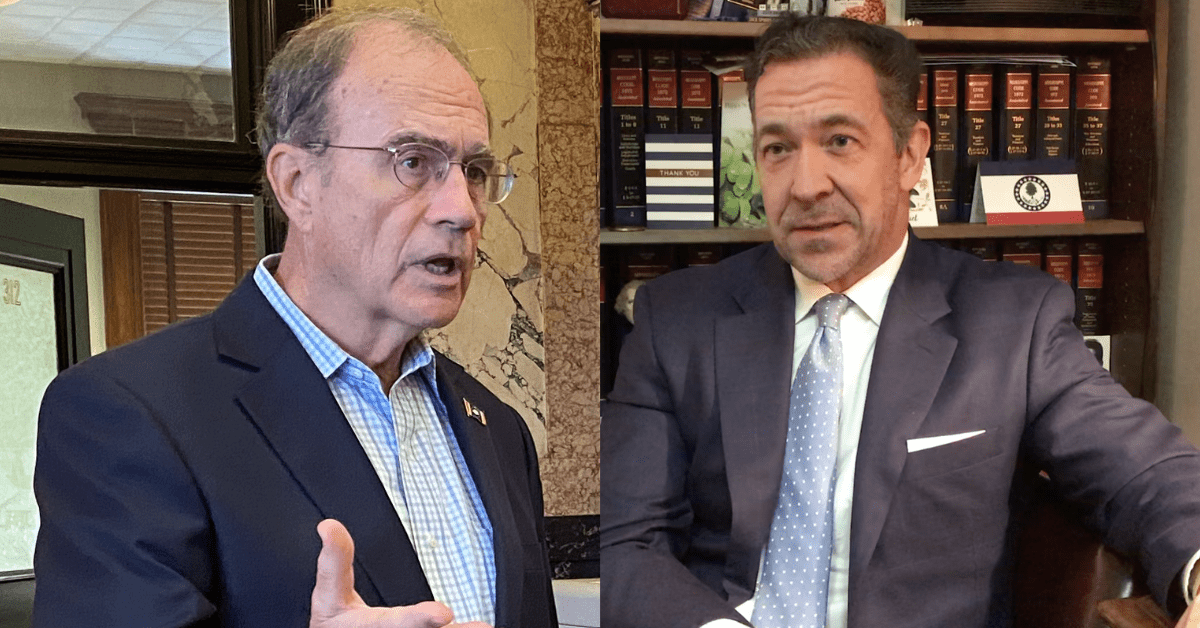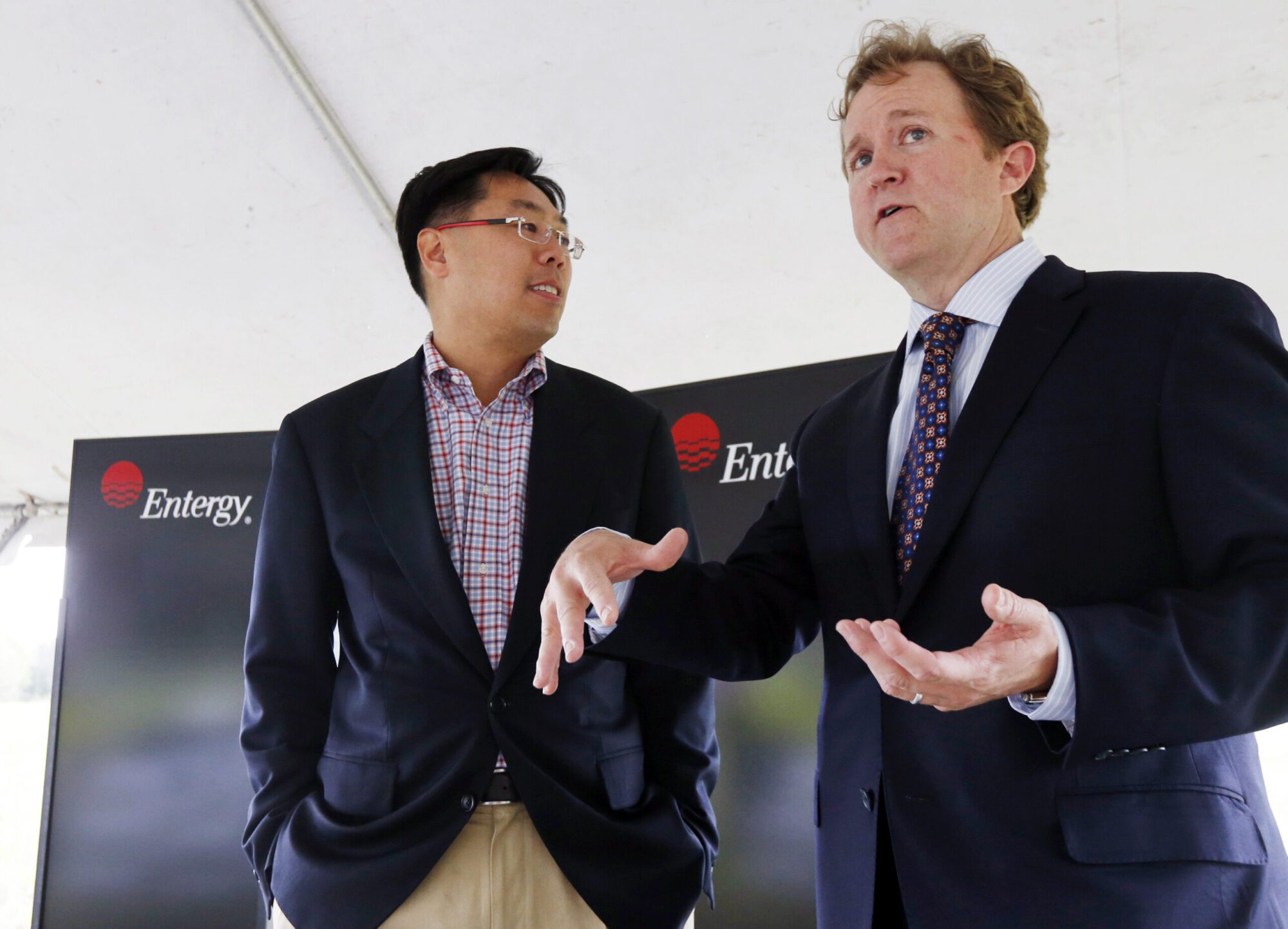
Weekly rundown of the stories that caught our attention.
Updates from across Mississippi and beyond for the week of February 6th.
The State of Mississippi News
It is a legitimate and essential function of media to report on the decisions of lawmakers and to hold them accountable. But there is a subtle distinction between accountability and advocacy, and between accountability and opposition. When media begins to openly advocate for a policy under the guise of reporting the news it loses much of its worth. When media confuses speaking truth to power, with beating those in power, it becomes just another political combatant—no better or worse than the politicians they are grilling.
Magnolia Tribune was started, in part, with the perspective that the state of Mississippi news was faltering. Certain parts of it had become myopic, and more oriented to advocacy and direct opposition than true accountability. That said, we know we have no special power to do what is the media equivalent of “policing the police.” The best we can hope for is to ensure there is balance in coverage and a platform for different perspectives.
In the last week, I have been thrice convinced of the importance of this goal. Medicaid expansion has become one of the most reported topics in the state over the last few years. There are people of good will on both sides of the issue and reasonable arguments on both sides of the issue. You simply would not know that from consuming the news, where there is scant mention of any arguments against expansion and opponents, when mention, are ridiculed or villainized.
A couple of weeks ago, the Mississippi Department of Health published a report on maternal deaths with recommendation to expand Medicaid for postpartum care from the currently provided 60 days to a year. The media latched onto the fact that there were 15 women in three years who had died of a “pregnancy-related” cause more than 60 days after delivery. What neither the MSDH Report or the broader media bothered asking was the coverage status of the women at the time of death. If you are going to claim that people would have been saved by having Medicaid coverage, it seems relevant to know whether they had it at the time of death.
So we bothered asking the Division of Medicaid. It turned out that 12 of the 15 had some form of Medicaid coverage at time of death (7 had full coverage). Of the 40 total women who died from pregnancy-related causes over the three year span, 30 had some Medicaid coverage at the time of death. Now, this does not mean that postpartum care should not be expanded. It does mean that much of the drama around “countless lives” that could be saved and Republican men killing women and babies is not well-founded. Even after revealing the data, almost no one else picked up the story. It simply did not fit the narrative.
This week, we revealed that an oft-cited number for at-risk rural hospitals had declined by 26% in January. That’s a positive development that had gone unreported and which I believe would have gone unreported moving forward had we not forced the issue. I’m glad others were spurred to report it in this instance, even if they downplayed the change.
This week we also published, side-by-side, pieces in favor and in opposition to ongoing effort to prohibit physicians from providing gender reassignment treatment to minors. The bill at issue, HB 1125, had been pilloried in news coverage by other outlets as an anti-LGBTQ discrimination bill. We just figured we’d give both sides of the debate equal space and let people decide for themselves.
The point here is not one policy. It’s not about Medicaid expansion or transgender treatment. It is about ensuring people have the full picture to make decisions for themselves. I also say all of this in recognition that there are good reporters at other outlets and good work being done by other outlets. It’s not all bad. The best way to continue ensuring honesty in reporting is for there not to be a monopoly or group think in the news.
Tell Me Lies, Tell Me Sweet Little Lies
President Joe Biden gave his State of the Union this week. I am quite sure that at some point, when communications occurred by riders on horse, these affairs had a purpose. Now they are just a great opportunity for whoever is in power to campaign and publicly scold the opposition party.
They also tend to be heavy laden with half-truth, and in some cases, the absence of it. To be fair, this happens regardless of who is in power. Some of the obvious things that jumped out revolved around the economy.
It is true that job growth has been strong, but the starting point of that growth matters. At the pit of the COVID-pandemic unemployment numbers due to the shuttering of the economy were the worst since the Great Depression. The bounce back to pre-COVID numbers is a positive, but not reflective of some massive growth in our economy.
To the extent the labor market has been strong, inflation has played a role, but that’s obviously not all rosy. Real wages, incomes adjusted for inflation, have gone down over the course of the Biden presidency. Not all of that is attributable to Biden decisions. Both Trump and Biden piled on the fiscal stimulus and participated in closing down large chunks of businesses.
Speaking of inflation, the President acted like it had been beaten. It is peculiar though that an inflation rate of 6.5 percent, more than three times the Federal Reserve’s normal target, could be painted as “Mission Accomplished.”
The President also repeated a common refrain about the wealthy not paying their “fair share.” He used as an anecdote the idea that there are billionaires paying a lower tax rate than teachers. The raw data suggests this is simply untrue. The top 1 percent of earners pay 32 percent of their income in federal income taxes. The top 10 percent of earners pay 70 percent of all income taxes. Middle income earners average an income tax rate of 13 percent of their income. Lower income earners pay almost no income taxes and receive, on average, over $15,000 in government transfers.
Of course, what the President knows is that the truth doesn’t matter here. The wealthy are easy targets. Demonizing them plays well. People want to believe that the uber successful got that way because of an unfair advantage. As Fleetwood Mac would say, it’s a sweet little lie.
Knights in White Satin?
To continue my play on references to music that will get me labeled “boomer” by the young folk, this week Jackson Mayor Chokwe Lumumba accused some members of the Legislature of being in the Klan. Lumumba told reporters at WLBT:
This is probably the most oppressive legislation that I have seen in my history here in the state of Mississippi. I do want to commend those of the Hinds County delegation, those in the Black Caucus who have held the fight all day and stayed here for hours, making certain that they made clear what was going on here. For the other legislators, I was surprised they came half-dressed because they forgot to wear their hoods.
-Chokwe Lumumba
The volley at the predominantly white, predominantly Republican Legislature came on the back of the Mississippi House of Representatives passing HB 1020. The bill, sponsored by Rep. Trey Lamar (R-Senatobia) would expand the Capitol Complex Improvement District—a legislative creation to help police and improve infrastructure around the Capitol and state government buildings. Where it expands to has been part of the issue. The originally proposed new lines went up into Northeast Jackson, an area of Jackson that is mostly white and more affluent. Lumumba had compared this portion of the bill to Apartheid in South Africa. The bill was amended on the floor to change the new lines in a way that takes in a more diverse range of Jackson residents. It is probably closer to the fight between Buckhead and Atlanta than Apartheid. Residents of Buckhead have been pushing for autonomy to take care of themselves where they believe the city of Atlanta is failing.
HB 1020 would also create a new court district to hear cases from within until district and cases filed against the state. Originally, the bill granted the new court exclusive jurisdiction of cases against the state, but this was changed on the floor. There are some unique legal questions about whether the design of this new court would pass constitutional muster.
Here is the problem: right now, the City of Jackson is not able to meet the basic needs of its people. Jackson has led the nation for two years with its homicide rate. It has a tremendous backlog of unprosecuted cases. Its water system is failing, and has been for decades, with no concrete plans to fix it. And the Mayor is at frequent loggerheads with his City Council, resulting in absurd outcomes like the hiring of two different garbage collection agencies. It needs help. It is in the interest of Jacksonians and the state for these problems to be addressed. People are scared and suffering.
But there is a tremendous trust deficit. If you represent Holly Springs, you’ve got to explain to your constituents why the state is stepping up to help Jackson in ways that it might not help you. You also have to be able to explain and believe that additional resources will be applied well based on a cogent plan of action. It’s a difficult sell based on the city’s track record. Acknowledging that is not a racial attack. There are well run cities that are predominantly white and there are well run cities that are predominately Black. The inverse is also true. There are also unique challenges for many cities that have nothing to do with race, or even management.
Now, I’m not convinced the way to address the problem is to expand the CCID or create new courts. I am, however, convinced that both the problems, and the trust deficit that makes them hard to solve for, is not imaginary. At some point if he wants help from the state, Mayor Lumumba is going to have understand that the help is not going to come without strings and accountability. Painting it all as racially motivated ignores the reality that the state is responsible for ensuring the dollars it spends are spent well.
On the flip side, Republican lawmakers need to understand the potential of worsening racial disparity when you start carving up a diverse city, even if their motivations are entirely pure. I genuinely believe Lamar and those who voted for HB 1020 are motivated by a desire to address crime and protect property. The need is real. Suggesting they forgot their hoods at home is counterproductive and unfair. Pointing out the potentially negative impacts is not. There may yet be more elegant solutions that don’t drive deeper wedges.
The Gunslinger Fires into Triple Coverage
Brett Favre filed a lawsuit yesterday against State Auditor Shad White, Hall of Fame tight end turned ESPN personality turned Lakers’ guardian Shannon Sharpe, and bad-boy punter turned podcast host turned WWE wrestler Pat McAfee. Favre has alleged that all three defamed him for his role in the TANF welfare-scheme scandal.
In his playing days, Favre was known for firing into coverage. Sometimes this resulted in heroic moments. Often, it resulted in interceptions. I cannot help but to believe this will be the latter. The reason for that belief is the standard of proof required to defame of a public figure. Under a famous case called New York Times v. Sullivan, the U.S. Supreme Court said for a public figure to prove defamation, he has to show “actual malice” on the part of the speaker. The actual malice standard requires the speaker to know the truth and still tell the lie or that the speaker showed a reckless disregard for the truth. It’s a very difficult bar to clear, particularly in a case where there is enough information in the public sphere for people to draw reasonable conclusions about Favre’s conduct.
Perhaps the play is intended to cause pause for others who might comment on the whole sordid affair. That strategy comes with real danger, though. In any defamation suit, truth is an absolute defense. By filing the lawsuit, Favre has opened himself up to discovery about what he knew, what he said, and what he did. Before now, he’s not been legally obliged to do that.











